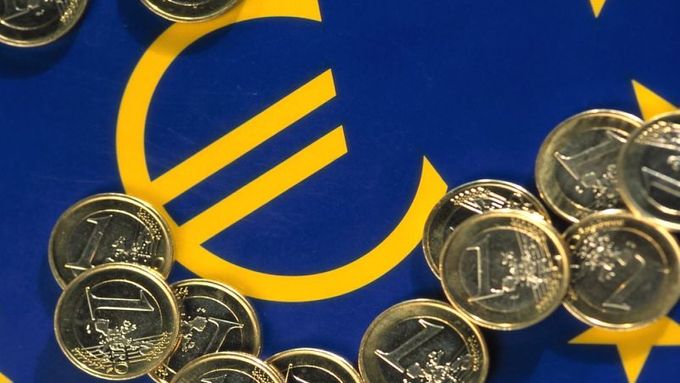Brno - The Czech Republic appears to be a price-haven in the center of the inflation-hit EU.
While prices are growing in most other EU member states, the Czech Republic has barely registered any movement in retail prices last month. According to Eurostat, the EU's statistical office, the Czech Republic together with Ireland had the smallest inflation rate in all the EU in April.
In the EU, prices are growing at their fastest pace since October 2008.
Read more: Manufacturing pushes Czech GDP growth to 0.6% in Q1
Read more: Greek default would be "no problem" for Czech banks
"The lowest annual inflation rate in April was registered in Ireland (1.5 percent), the Czech Republic (1.6 percent), and Sweden (1.8 percent). On the contrary, the fastest price growth weighs on consumers in Rumania (8.4 percent), Estonia (5.4 percent), Lithuania and Hungary (4.4 percent in both countries)," said Eurostat in its regular report.
On a month-to-month basis, prices increased by 0.6 percent last month in the eurozone, and by 0.5 in all the EU-27.
In the EU, prices in transport hiked the most, 5.9 percent compared to one year ago, housing prices 5 percent, and alcohol and tobacco prices 3.4 percent. The only sectors that reported a price decrease was communication, in which prices dropped by 0.9 percent compared to April 2010.
How long?
However, the question is for how long it will be possible to keep prices on the levels favorable to consumers in the Czech Republic. Commodity prices are reaching a record high all over the world, and the smaller growth of consumer prices in the Czech Republic is caused by the price policy of large retail chains.
"The pressure of retail chains is large, but because of the growing commodity prices we will not be able to accede to the chains' tactic for a long time," said one of meat suppliers.
However, pastry is already more expensive. According to data of the Czech Statistical Office, bread prices have increased 15 percent last month, and the price of white wheat pastry one fifth.
Other companies have been already forced by the growing commodity prices to announce upcoming price hikes.
For example, some production costs for Kofola, a Czech soft beverage producer, are on their historical maximums. The prices of sugar and oil have increased on global markets by more than 40 percent. Kofola's operation earnings (EBITDA) have dropped by one half, to CZK 83mil (EUR 3.4mil), due to high prices.
"During the first quarter we tried to cover the growth of production costs, caused by the high input prices. If the price growth trend continues to be increasing, we will be forced to make some of our products more expensive," said chairman of Kofola group's board of directors and majority shareholder Jannis Samaras.
